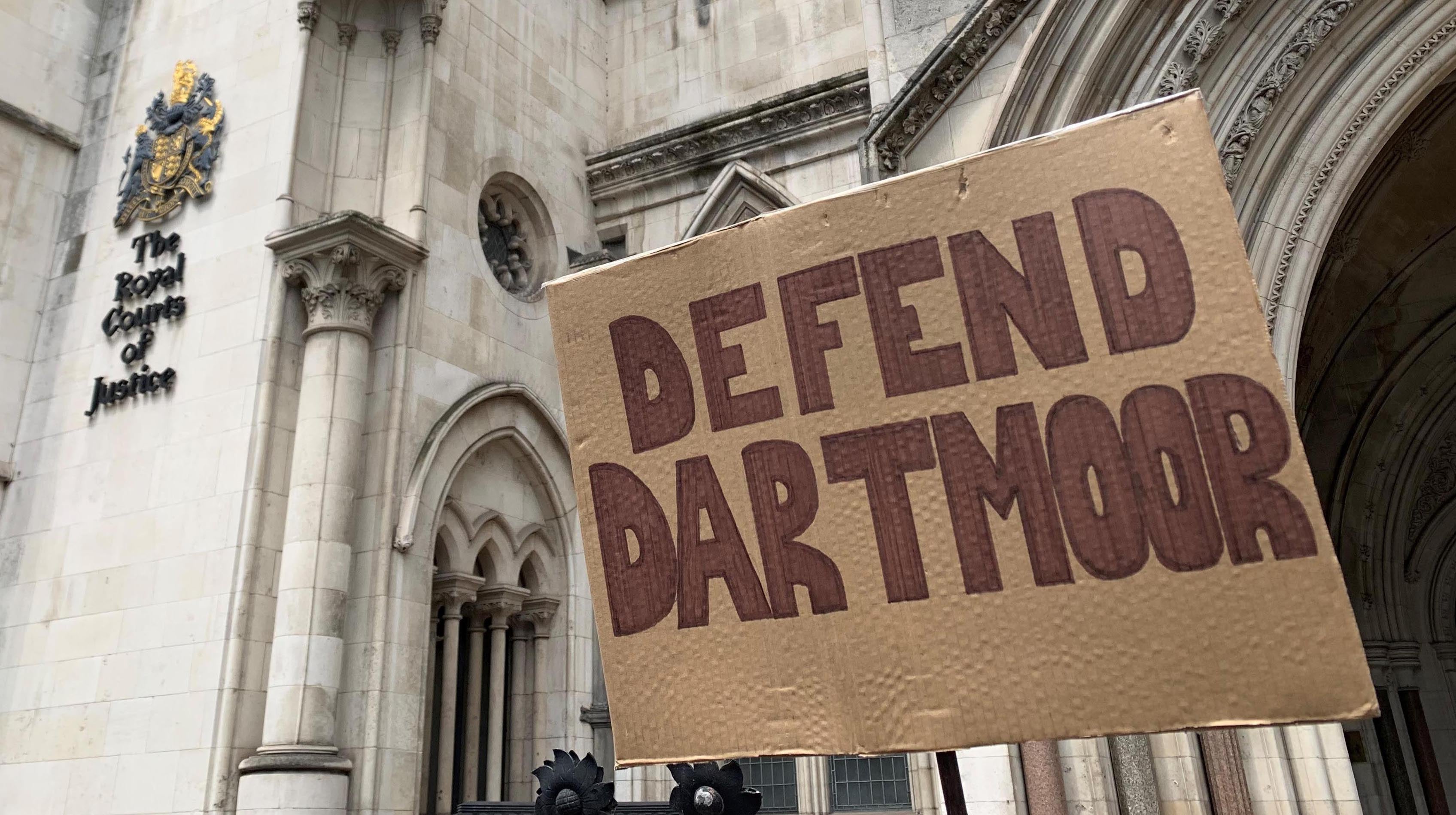Wild campers are set to discover if they can continue to enjoy the scenic beauty of Dartmoor as a long-running legal dispute comes to a head on Wednesday.
Landowners Alexander and Diana Darwall are challenging a Court of Appeal ruling which says that members of the public have the right to wild camp in the national park of Devon.
In recent years, the right to pitch a tent in the wilderness and enjoy an evening among nature has prompted a fierce debate, with Labour once promising it would legislate for a right to wild camp in all national parks.
In the case of Dartmoor, a 368-square mile area that features “commons” (land that the public has specific rights to use), camping had been assumed to be allowed since 1985 under the terms set out under the Dartmoor Commons Act.

While wild camping is allowed in large parts of Scotland, Dartmoor marked the only place in England that such an activity was allowed without requiring permission from a landowner.
Mr Darwall, a multi-millionaire hedge fund manager, purchased the 4,000 acre Blachford estate in southern Dartmoor in 2013. He and his wife keep cattle on part of the land which is called Stall Moor, and have argued that campers cause problems to livestock and damage the natural surroundings.
Commenting on the case, Mr Darwall had previously said that many campers do not observe the ‘leave no trace’ principle, and that campfires can cause “habitat destruction” or “devastating damage” if it turns into a wildfire.
The case hinges on whether wild camping can be classified as open-air recreation. In the Dartmoor Commons Act 1985, it states that the “public shall have the right of access to the commons on foot and on horseback for the purpose of open-air recreation”.
Lawyers for the Darwalls have argued that the nearly 40-year piece of legislation means that it only provides access for walking and riding.
This is strongly contested by lawyers representing the Dartmoor National Park Authority (DNPA), who have said that the phrase “on foot” means access should be pedestrian and not by means of a vehicle.

The DNPA have also disputed the concerns of damage caused by camping, describing the reported impact to land and vegetation as “absurd”.
In written submissions, Richard KC said: “The suggestion that merely erecting a tent for backpack or wild camping damages the land and vegetation is absurd.
“Erecting a tent for backpack or wild camping for a night or two would do no such damage.”
Since launching his campaign to ban wild campers from his estate, thousands of campaigners have joined a protest movement asserting their right to camp freely around the beauty spot.
During the first stage of their legal battle in January 2023, the Darwalls won their High Court case, which ruled that the law did not give people the right to pitch tents overnight without landowners’ permission.
However, just months later the Court of Appeal overturned this decision, finding the law gave people “the right to rest or sleep on the Dartmoor Commons, whether by day or night and whether in a tent or otherwise” as long as byelaws are followed.
The Darwalls were then allowed to pursue their case in the Supreme Court, with a final ruling expected on Wednesday.

